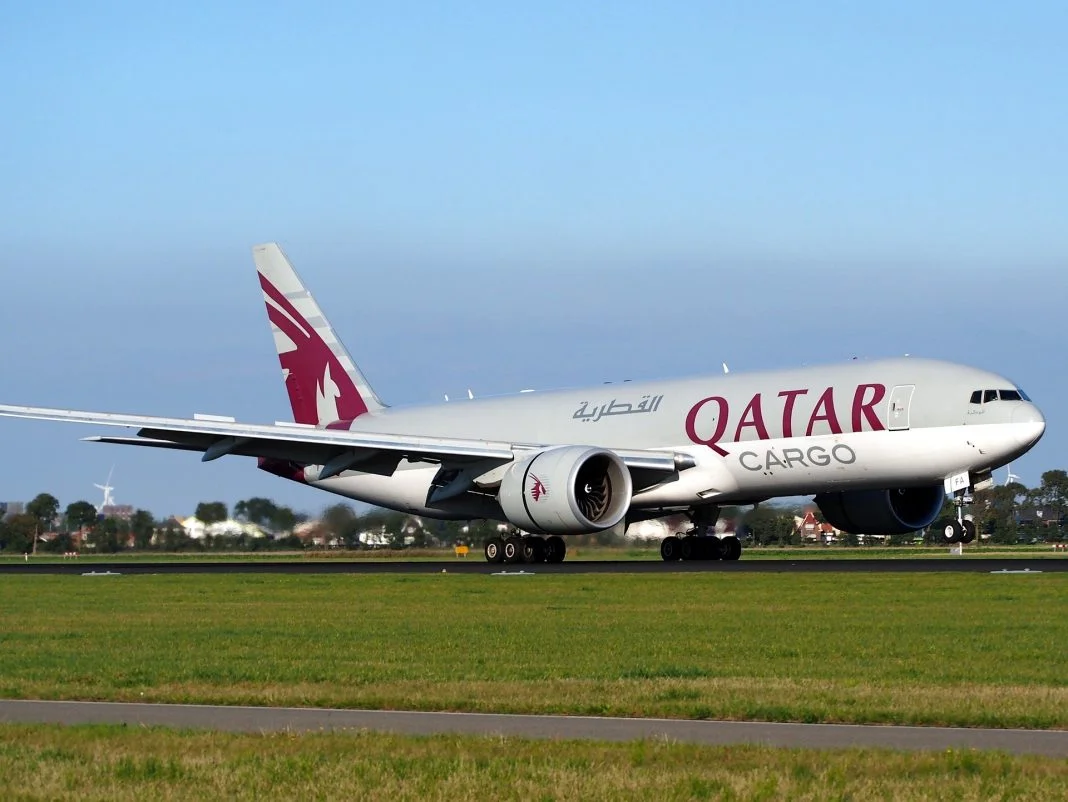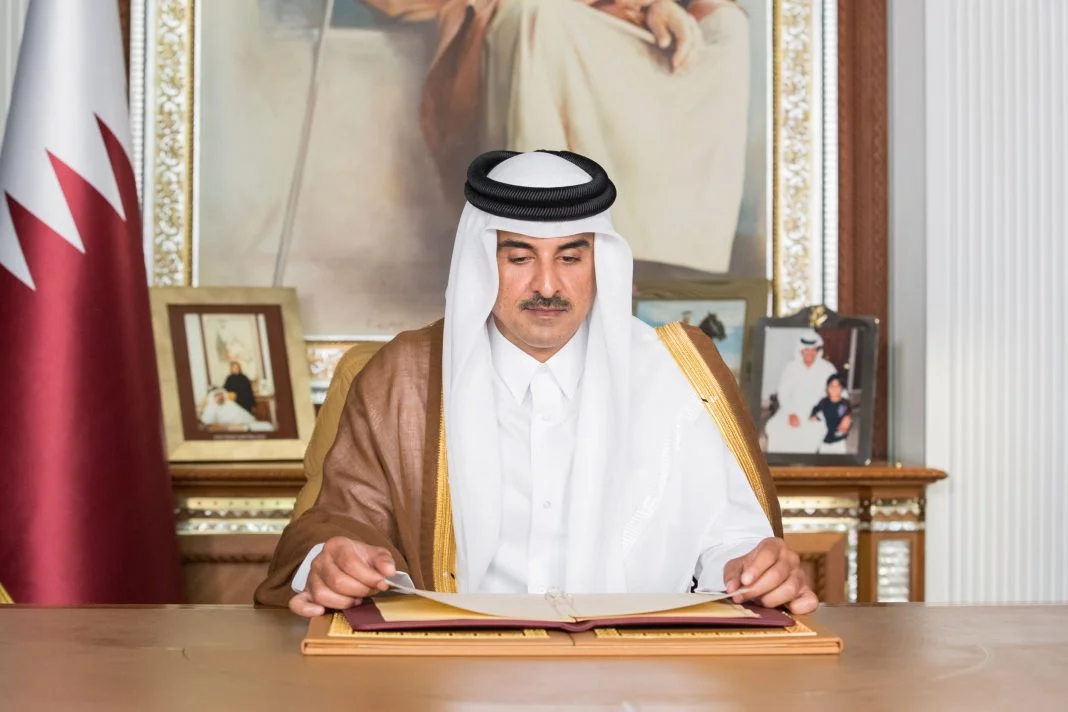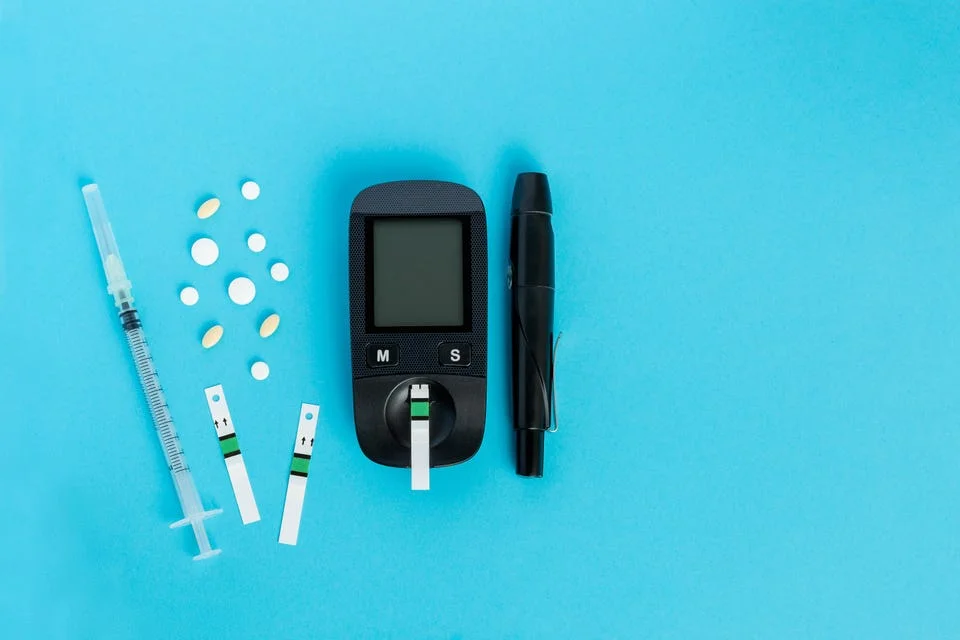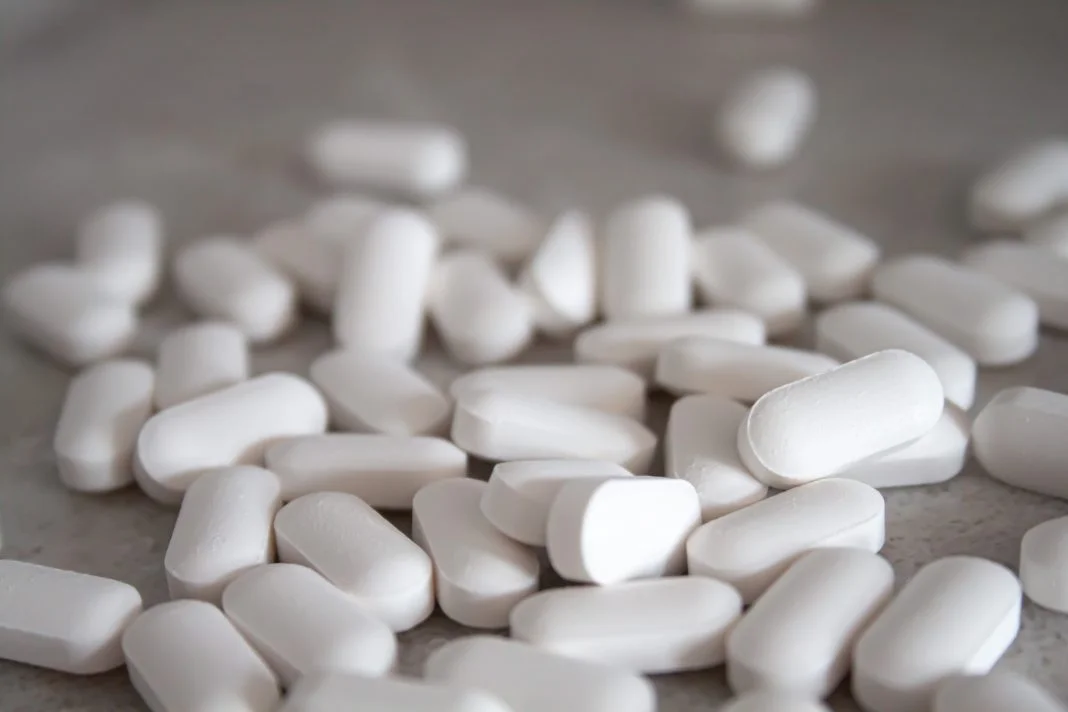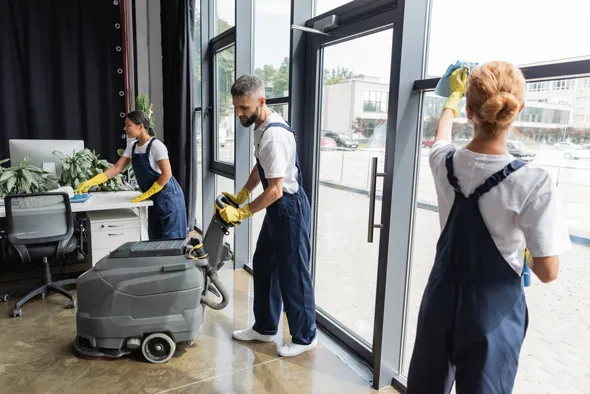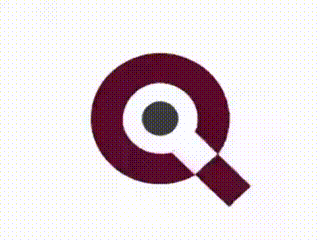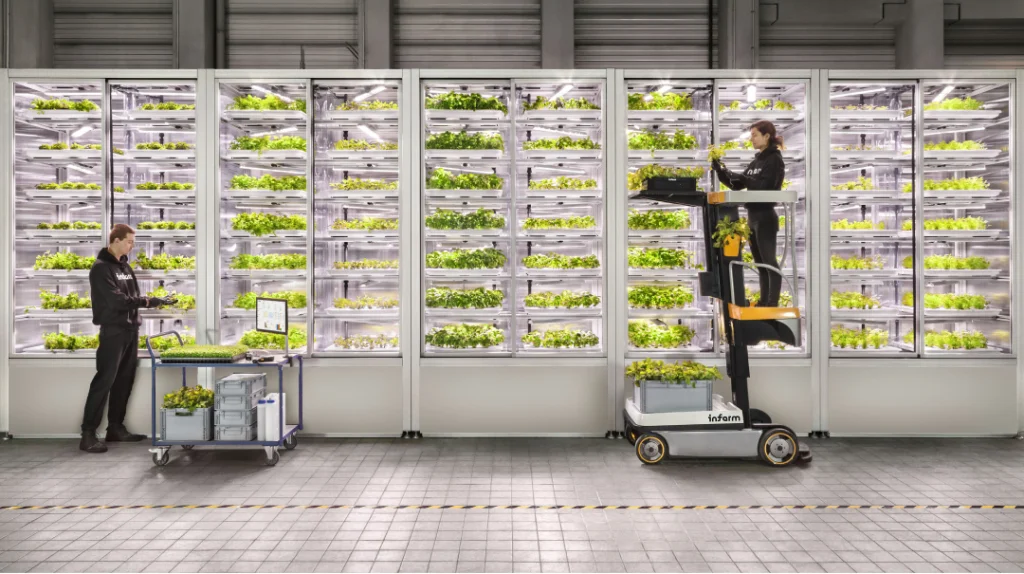
The latest financial backing will help the company’s global growth strategy.
Leading Dutch indoor farming startup Infarm is opening its first centre in Doha in 2023 following a massive $200 million financial backing from investors including the Qatar Investment Authority [QIA].
“We see vertical farming as a way to enhance food security in every part of the world,” said Mansoor bin Ebrahim Al-Mahmoud, chief executive officer of QIA, as quoted by Bloomberg on Thursday.
Al-Mahmoud added that the startup would “contribute to Qatar’s own food security and economic diversification”.
According to a statement by Infarm, the company’s Growing Centre in Qatar will harvest tomatoes and strawberries along with other fruiting crops beyond herbs and greens—which it commonly grows in other countries.
Infarm is aiming to expand its presence to 100 growing centres in 20 countries by 2030 and currently runs commercial operations across 11 nations. It also supplies prominent retailers including Amazon Fresh, Metro AG and Marks & Spencer Group Plc.
The startup has been leading vertical farming amid the Covid-19 outbreak, which placed food security at a critical stage mainly among companies that heavily rely on food imports.
While the concept of vertical farming is ideal in addressing food security – given that it takes up less space, water and pesticides – it can disrupt communities that are highly dependent on conventional farming. Qatar has been growing its self-sufficiency over the past years, especially following the 2017 GCC crisis. At the time, Saudi Arabia, Bahrain, the UAE and Egypt imposed an illegal air, land and sea blockade on Qatar.
Before the crisis, Doha relied on imported goods for more than 80 percent of its food.
The blockade prompted Qatar to swiftly move to provide alternative products to its people. This led to an almost immediate increase in products from Turkey, Iran and China but at home, authorities began a self-sustainability drive to produce locally.
Leading Dutch indoor farming startup Infarm is opening its first centre in Doha in 2023 following a massive $200 million financial backing from investors including the Qatar Investment Authority [QIA].
“We see vertical farming as a way to enhance food security in every part of the world,” said Mansoor bin Ebrahim Al-Mahmoud, chief executive officer of QIA, as quoted by Bloomberg on Thursday.
Al-Mahmoud added that the startup would “contribute to Qatar’s own food security and economic diversification”.
According to a statement by Infarm, the company’s Growing Centre in Qatar will harvest tomatoes and strawberries along with other fruiting crops beyond herbs and greens—which it commonly grows in other countries.
Infarm is aiming to expand its presence to 100 growing centres in 20 countries by 2030 and currently runs commercial operations across 11 nations. It also supplies prominent retailers including Amazon Fresh, Metro AG and Marks & Spencer Group Plc.
The startup has been leading vertical farming amid the Covid-19 outbreak, which placed food security at a critical stage mainly among companies that heavily rely on food imports.
While the concept of vertical farming is ideal in addressing food security – given that it takes up less space, water and pesticides – it can disrupt communities that are highly dependent on conventional farming. Qatar has been growing its self-sufficiency over the past years, especially following the 2017 GCC crisis. At the time, Saudi Arabia, Bahrain, the UAE and Egypt imposed an illegal air, land and sea blockade on Qatar.
Before the crisis, Doha relied on imported goods for more than 80 percent of its food.
The blockade prompted Qatar to swiftly move to provide alternative products to its people. This led to an almost immediate increase in products from Turkey, Iran and China but at home, authorities began a self-sustainability drive to produce locally.
